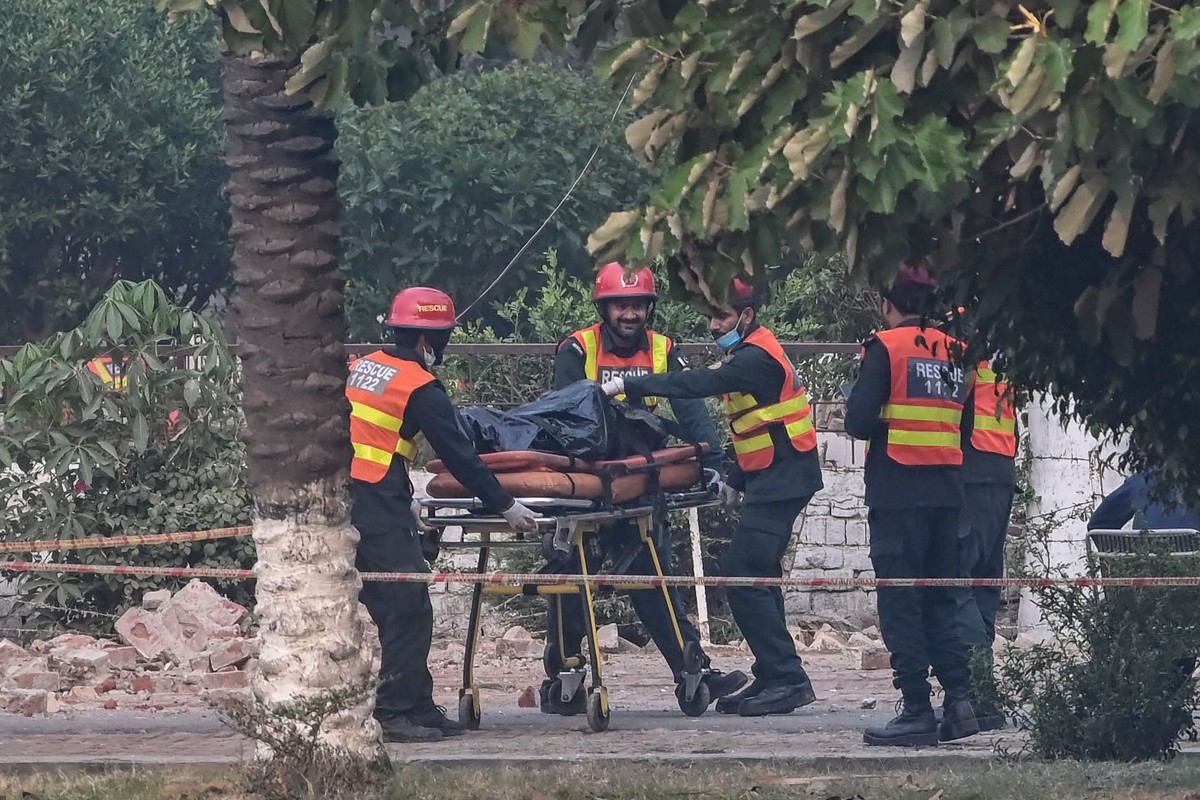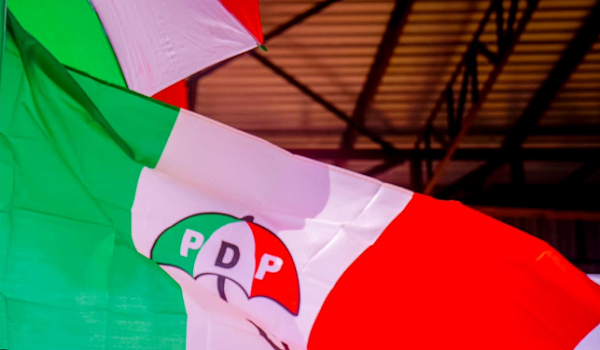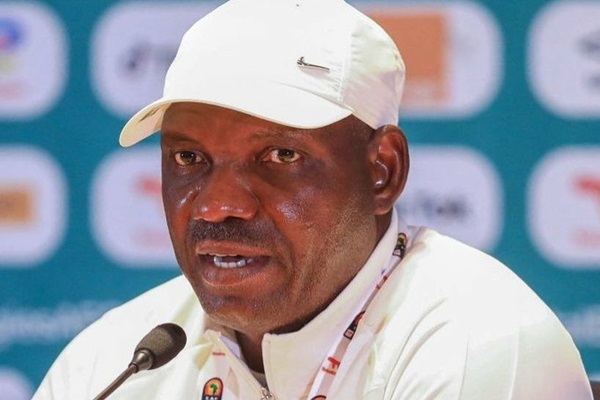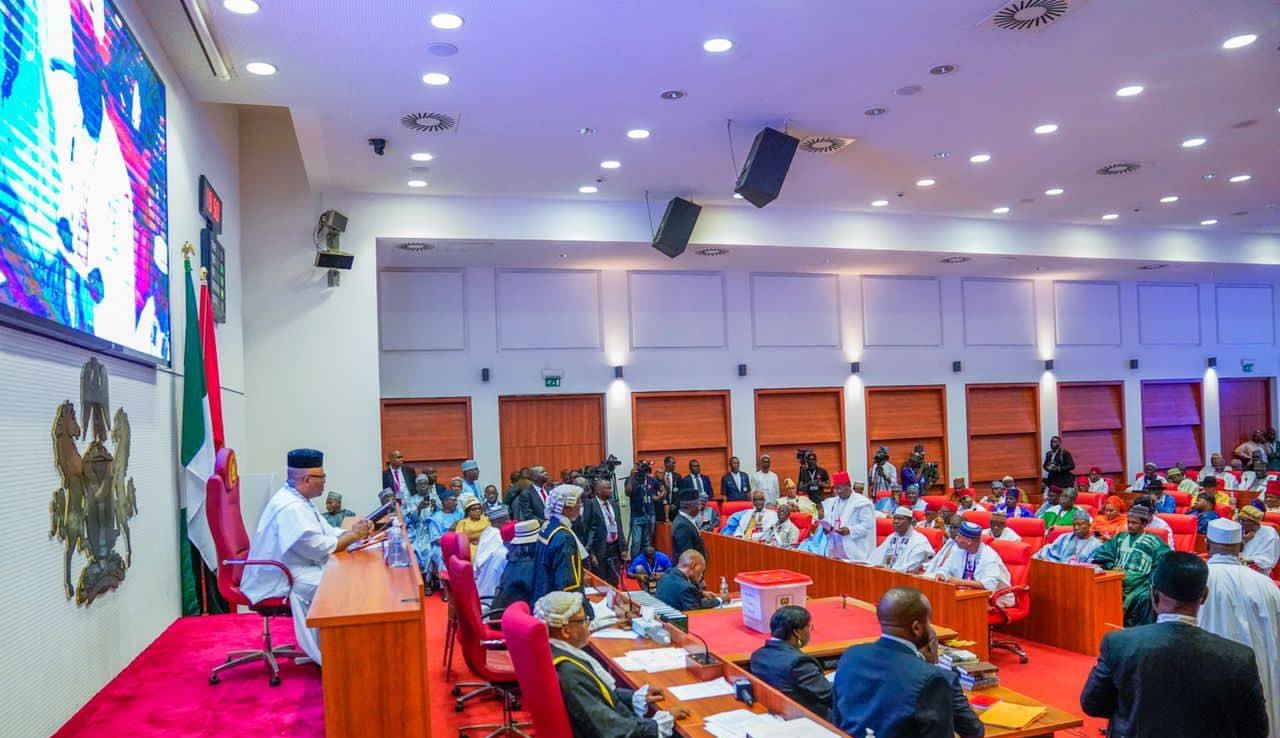India and Pakistan have exchanged intense artillery fire along their contested frontier, marking the worst violence between the nuclear-armed neighbours in two decades. The violence, which erupted on Wednesday, saw at least 34 deaths, with both sides accusing each other of launching attacks.
Pakistan reported 26 civilian deaths from Indian missile strikes and shelling, while India confirmed eight fatalities due to Pakistani cross-border fire. The violence follows the deadly attack on the Indian-administered side of disputed Kashmir, which New Delhi blamed on Islamabad-backed militants.
The latest escalation is far worse than the 2019 strikes, when India targeted what it called “terrorist camps” in retaliation for a suicide bombing that killed 40 Indian paramilitary personnel. However, this time, military figures suggest that both sides have suffered significant losses, including the downing of fighter jets.
Pakistan's Defence Minister Khawaja Muhammad Asif has accused Indian Prime Minister Narendra Modi of using the military strikes to bolster domestic support. In retaliation, Pakistan confirmed its counterattacks, with its military spokesman reporting the downing of Indian jets.
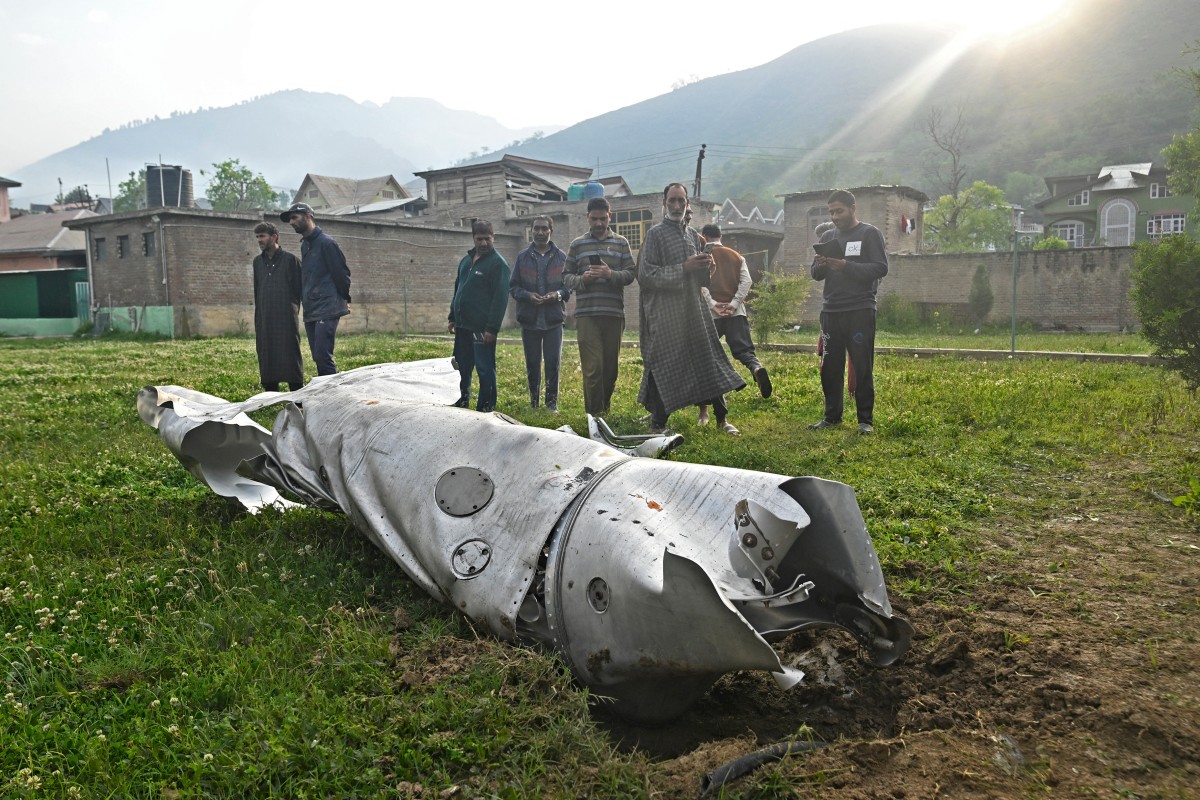
On the ground, the violence has devastated civilian populations. In Muzaffarabad, Pakistan-administered Kashmir, civilians have died from both shelling and gunfire. Meanwhile, India’s border areas have witnessed “indiscriminate” Pakistani fire, resulting in casualties and widespread damage.
The conflict comes on the heels of a deadly attack on tourists in Indian-administered Kashmir on April 22, which India attributes to Pakistan-based militants. Pakistan, however, denies the allegations and calls for an independent investigation.
Diplomatic pressure is mounting on both countries to de-escalate, with global powers and the UN warning of the potentially dire consequences of further conflict. Concerns also continue to rise over air travel disruptions as tensions spill over into the region.
As both countries remain on the edge, the international community, including Iran, is urging restraint and offering to mediate, but the situation remains volatile with no resolution in sight.

